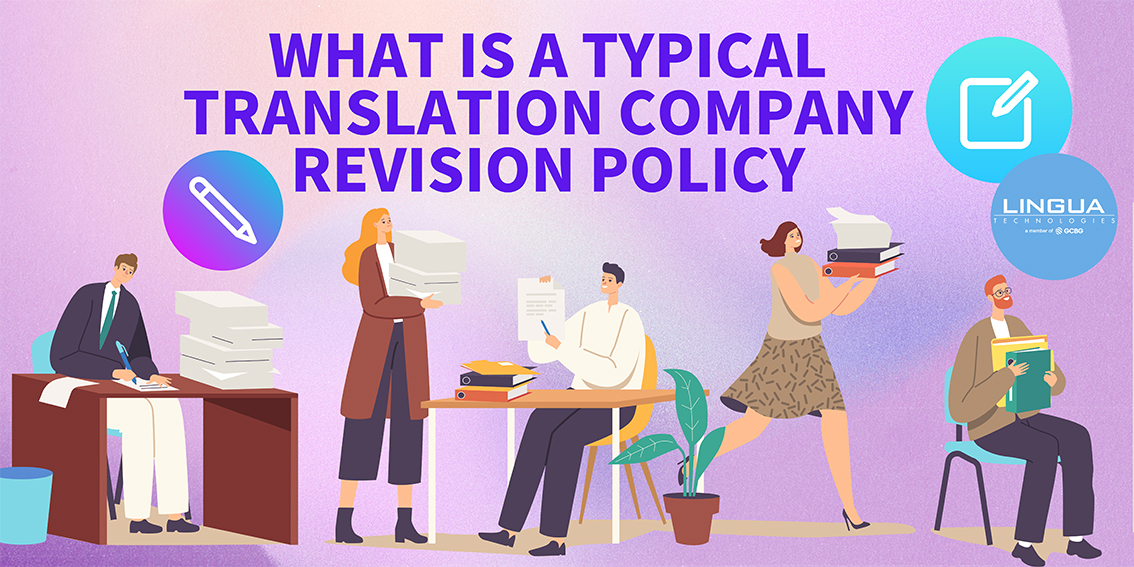In the realm of language and communication, where every word holds immense significance, translation connects diverse cultures and enables the exchange of ideas. Within this intricate tapestry of linguistic harmony, translation companies stand as the artisans, diligently crafting accurate renditions that preserve the essence and intention of the original content.
However, even the most skilled linguists can encounter occasional obstacles on their journey to perfection. Recognizing the inherent complexities of this art form, translation companies have established steadfast policies to address one crucial concern - client satisfaction. When the initial translation falls short of the client's expectations, these companies unfurl their provisions for revisions and edits, embracing the opportunity to refine and polish their work until it shines with linguistic brilliance.
The revision and edit policies of translation companies can vary, but many reputable companies, including Lingua Technologies International, typically have processes in place to address client satisfaction and make revisions or edits if the client is not satisfied with the initial translation. Here are some common practices:
Revision Period
Translation companies usually offer a specific revision period during which clients can request changes or revisions to the initial translation. The duration of the revision period may vary and can range from a few days to a couple of weeks.
Revision Request Process
The company will provide instructions on how to submit revision requests. This may involve contacting a designated project manager to provide feedback and specify the required changes.
Clear Feedback and Specific Instructions
Clients are encouraged to provide clear and specific feedback regarding the areas that require revision. By providing specific instructions, such as highlighting the problematic sections or providing suggested alternatives, clients can help the translation company understand their concerns and address them effectively.
Scope of Revisions
It's important to note that the revision policy typically covers revisions related to the translation's accuracy, terminology, and style. Major changes in the source text after the translation has been delivered may be subject to additional charges.
Limitations on Revisions
The revision policy may have certain limitations. For example, revisions may be limited to a reasonable number of cycles or a certain percentage of the original text. These limitations are usually defined in the terms and conditions or project agreement.
Collaboration and Communication
During the revision process, translation companies often maintain open lines of communication with clients to ensure their concerns are addressed promptly and to provide clarification or explanations when needed.
It's important to review the specific revision policy of any translation company you choose to work with, as it may have variations based on their internal processes and terms of service. Understanding the revision policy upfront can help set expectations and facilitate a smooth process in case revisions or edits are required.

